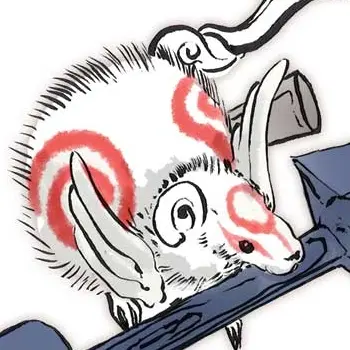So, say I get a set of chromosomes from my Mum which contains the X chromosome and the same from my Dad, but with the Y chromosome. I now have two sets of the same 22 chromosomes, plus an X and a Y.
For chromosome number one for example, is everything from my Dad’s side activated? My Mum’s? Or is is a random selection of genes within each chromosome?
And does the X chromosome do anything for me, or is it turned off, and only used if I pass it on to the next generation?
Follow up question: I believe that women actually recombine their X chromosomes when passing these on, but men can’t recombine X and Y. So everything on your Dad’s side stays the same. Does this have any impact? For example are you more likely to inherit genetic defects from your Dad’s side?


Another side point not mentioned here otherwise: genomic imprinting.
As a general rule, genes are expressed whether they came from the mother or father. Understanding just that general rule will give one a good grasp of the principles. But bill often has exceptions. There are a few genes which are “imprinted” in sperm or eggs and are not equally expressed during development. The imprinting tends to favor paternal gene copy expression and typically involves epigenetic modification of the chromosome structure. The sequence of the nucleotides in the genes doesn’t change, but the DNA itself may be chemically modified, e.g. with methyl groups added to cytosines. Those modifications recruit proteins which tend to suppress gene expression and maintain the methylation patterns over time.
I see that you’ve put words here. I, too, know words.
We might have been classmates at word school.